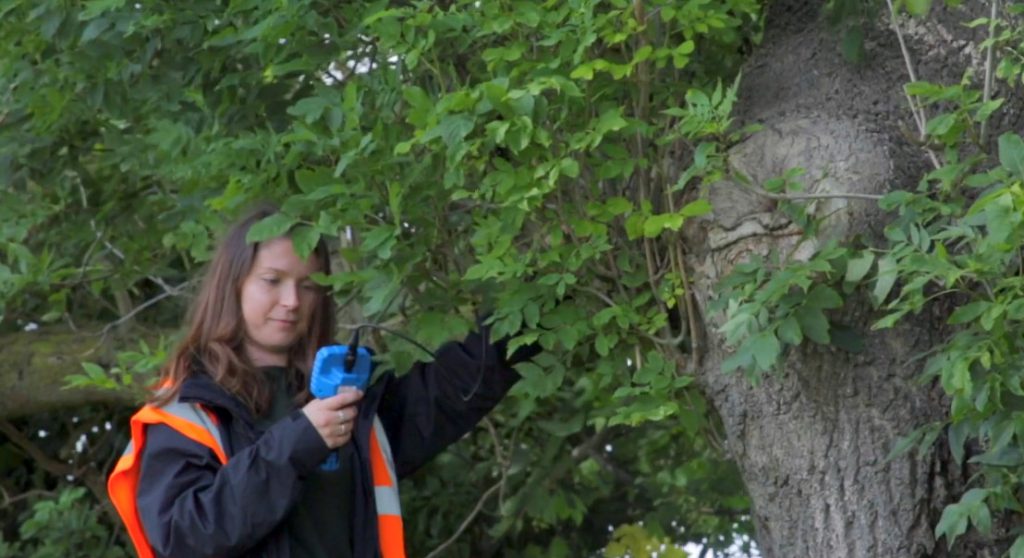Rolling Countryside Across Norfolk
Among the greenest counties in all of England, the county of Norfolk in the East of England region sees 70.2% of its more than 637,000 population living in rural areas across the total 537,100 hectares of land. Although Norfolk features a vast number of small towns and villages, Norwich is the largest built-up area and possesses a population that surpasses 200,000. Population figures then nosedive for all other built-up areas, with the largest including Dereham, Great Yarmouth, King’s Lynn and Thetford.
As well as 39 parks and playgrounds, the rolling countryside in Norfolk plays host to 163 Sites of Special Scientific Interest (SSSI), 22 National Nature Reserves (NNRs), 12 Ramsar sites, 12 Special Areas of Conservation (SAC) and 9 Special Protection Areas (SPAs). Even though much of the land is untouched and authentic, the local councils will understandably aim to safeguard as much of it as possible, making it more difficult but not necessarily impossible for developers to acquire planning permission.
Nearby Protected Animals and Plants
All over the county of Norfolk, various animals and plants that are listed and protected under active legislation are present. In fact, more than half of the total of UK’s priority habitat types are found in Norfolk, including 11 categories of marine habitats and 24 categories of freshwater and terrestrial habitats. Several different organisations and regulators specialise in following the parameters that defend protected species of animals and plants, and in Norfolk specifically, the Norfolk Wildlife Trust provide relevant coverage.
In addition to countless rare, invasive or valuable plant species, protected species of animals with proven occupancy in Norfolk include water voles, red squirrels, pine martens, otters, natterjack toads, hedgehogs, great crested newts, bitterns, bats and barn owls. Between general efforts to preserve the current state of the environment and the universal adherence to such local plans as the Norfolk biodiversity action plan (BAP), anyone involved in a development of any kind would benefit from an ecology survey as a method of ensuring no harm to local protected species or breaches of planning policies.
Planning Surveys on Ecology
If it is uncertain whether any protected species of animals or plants are in the vicinity of a development site, the first step would be to organise a broad form of ecological survey that provides an overview of the site, such as an ecological impact assessment (EcIA) or preliminary ecological appraisal (PEA). Both offer various benefits, but it would often be applicable to opt for a PEA, as it creates a full picture of the site and can give an indication of whether any particular species of animals and plants inhabit the site.
The entirety of the site will be analysed at length by the ecological surveyor, and once they’ve gathered enough information, they will either categorically confirm that no listed species are present – leading to a recommendation for planning consent – or indicate a chance or certainty of occupancy. At this point, it could be possible to implement enough mitigation or compensation measures to meet the aims of the local planning authorities. If not, however, further ecological surveys will be needed on the species in question.
Protected species surveys are available for animals and plants, including any number of botanical surveys or invasive species surveys for plants, and an extensive selection of assessments for animals, including bat surveys (preliminary roost assessments and bat emergence and re-entry surveys), badger surveys, great crested newt surveys or reptile surveys. A report containing all retrieved data will then be created by the ecologist, and as it will address any potential concerns regarding ecological features, it can be passed on to the local planning authority to support the planning application.
Ask for a Quote Today
Our independent ecological consultancy based in Chester caters to all parts of the country, including Norfolk and neighbouring sections of the East of England. Considering the experience, insight and expertise throughout our team, we can guarantee the utmost quality in all of the ecology survey work we do, acting as an ecological clerk of works (ECoW) in preliminary ecological appraisals, ecological impact assessments, protected species surveys, invasive species surveys, and practically any other planning-related assessment.
Rather than having to feel under pressure from day one, you aren’t required to commit to us straight away. Instead, just send details of your site and project, and we will give you a free quote based on the information you provide us with. You can then decide if you want to progress with Arbtech as your provider of ecological surveys. Call us, email us or fill out a quick quote form online, and we can then work with you to book an assessment, undertake the ecological survey, and produce a report to bolster your planning application.


